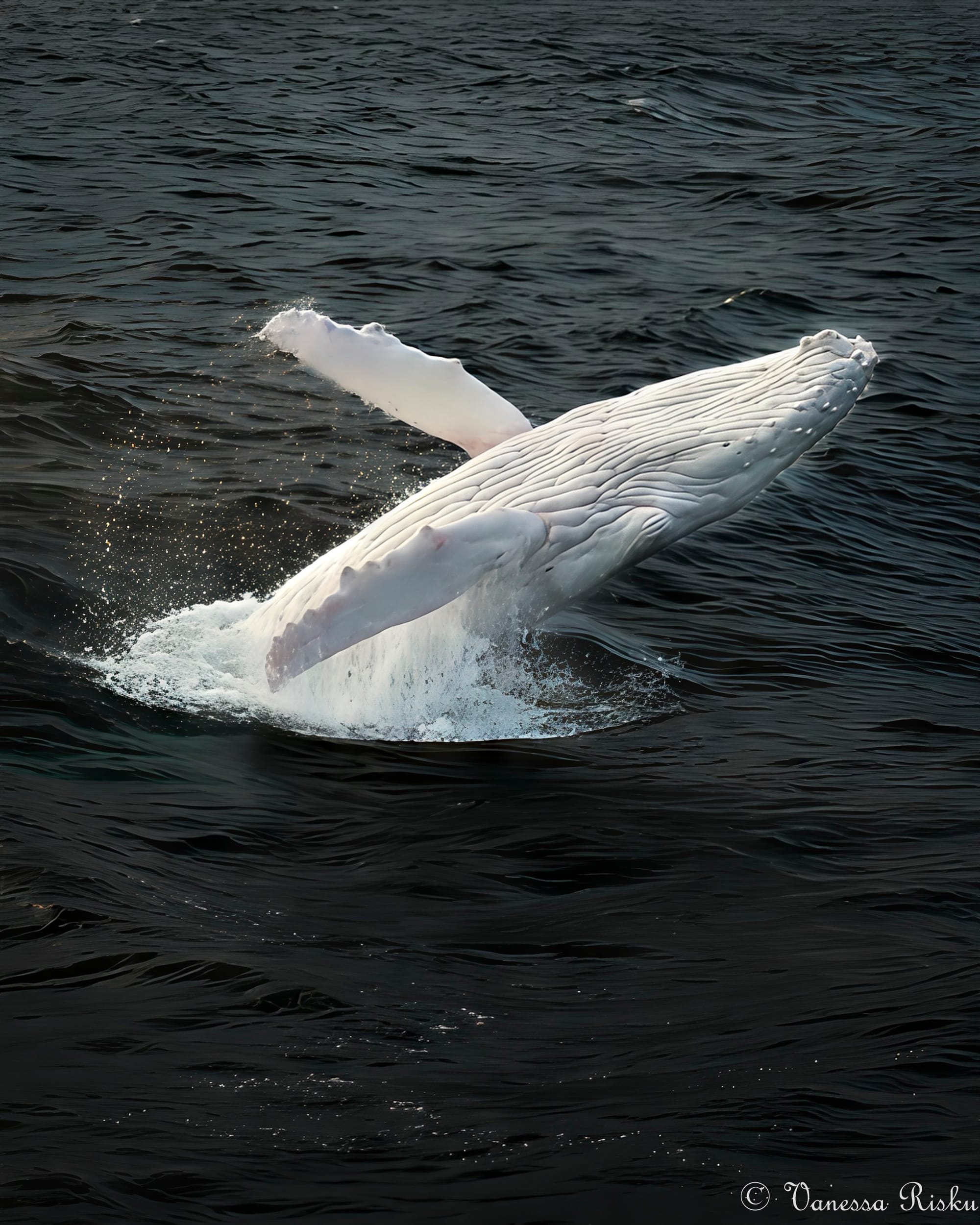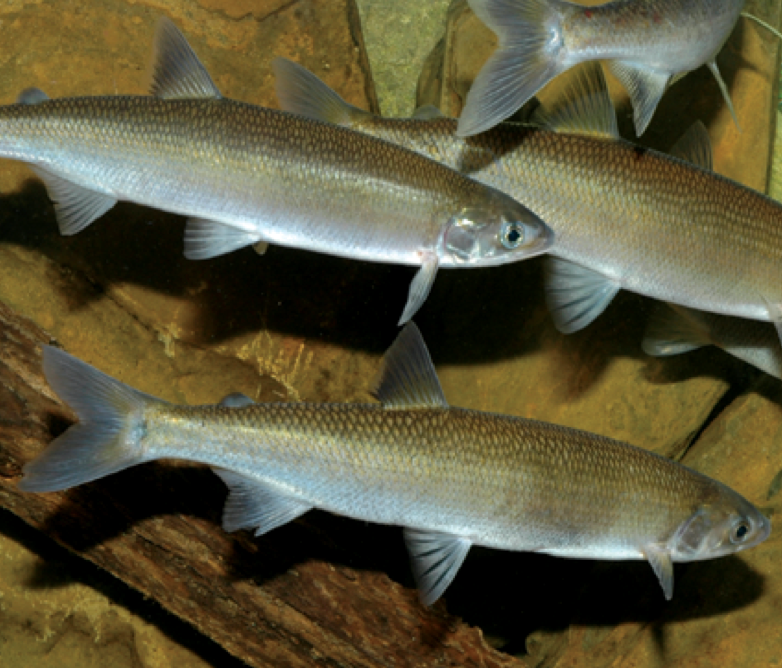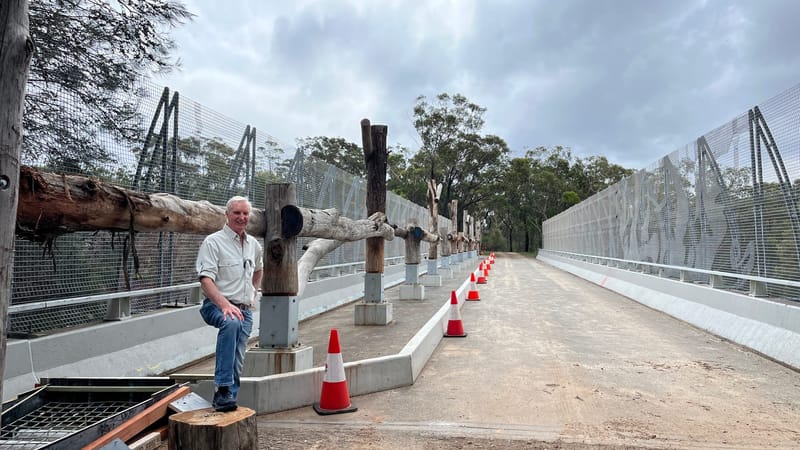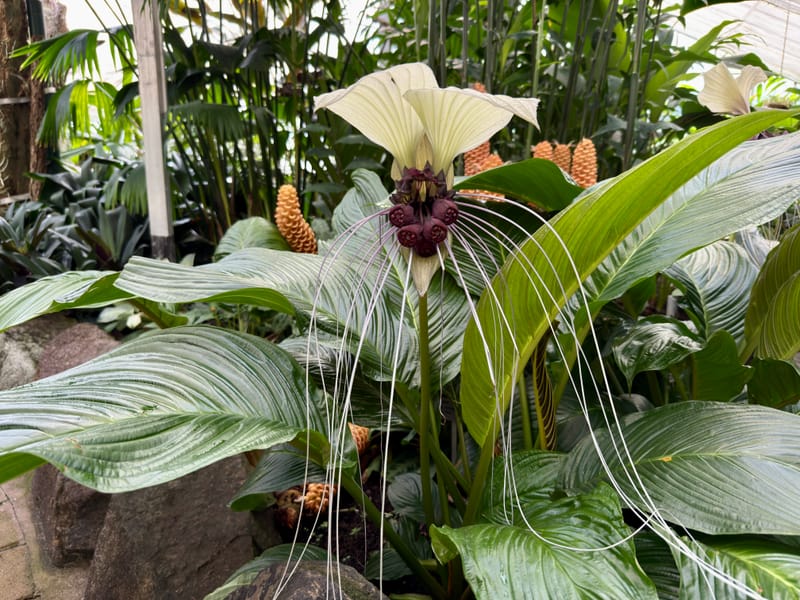A rare white whale has ended a controversial season with a spark of hope
After the death of a juvenile whale in shark nets off Coledale, the sighting of a rare albino whale has brought hope and joy for the whale watching community
The recent death of a juvenile humpback whale in shark nets off Coledale was an awful reminder of the challenges we face in navigating how to share the earth with other creatures. The southern migration, which normally comes to an end around mid-November, had already begun to taper off and whale watchers up and down the east coast were packing up and calling the season done. It was a sad way to end what had been an otherwise spectacular migration.
But an unexpected sighting early last Wednesday morning had people flocking to headlands once again as an incredibly rare white whale made her way up the coast.
The whale which has been confirmed by the Organisation for the Rescue and Research of Cetaceans in Australia (ORRCA) to be a true albino (completely lacking any pigment and with red eyes) was first spotted at South Durras on the NSW South Coast and thanks to drone operators and keen whale spotters was tracked as she moved up the coast.
Local photographer and drone pilot Vanessa Risku (droning_my_sorrows on Instagram) was fortunate to locate and film the young whale off Maroubra.
“It has been a long-term dream of mine to see an albino whale,” she said, “but not one I truly thought would ever come true.”
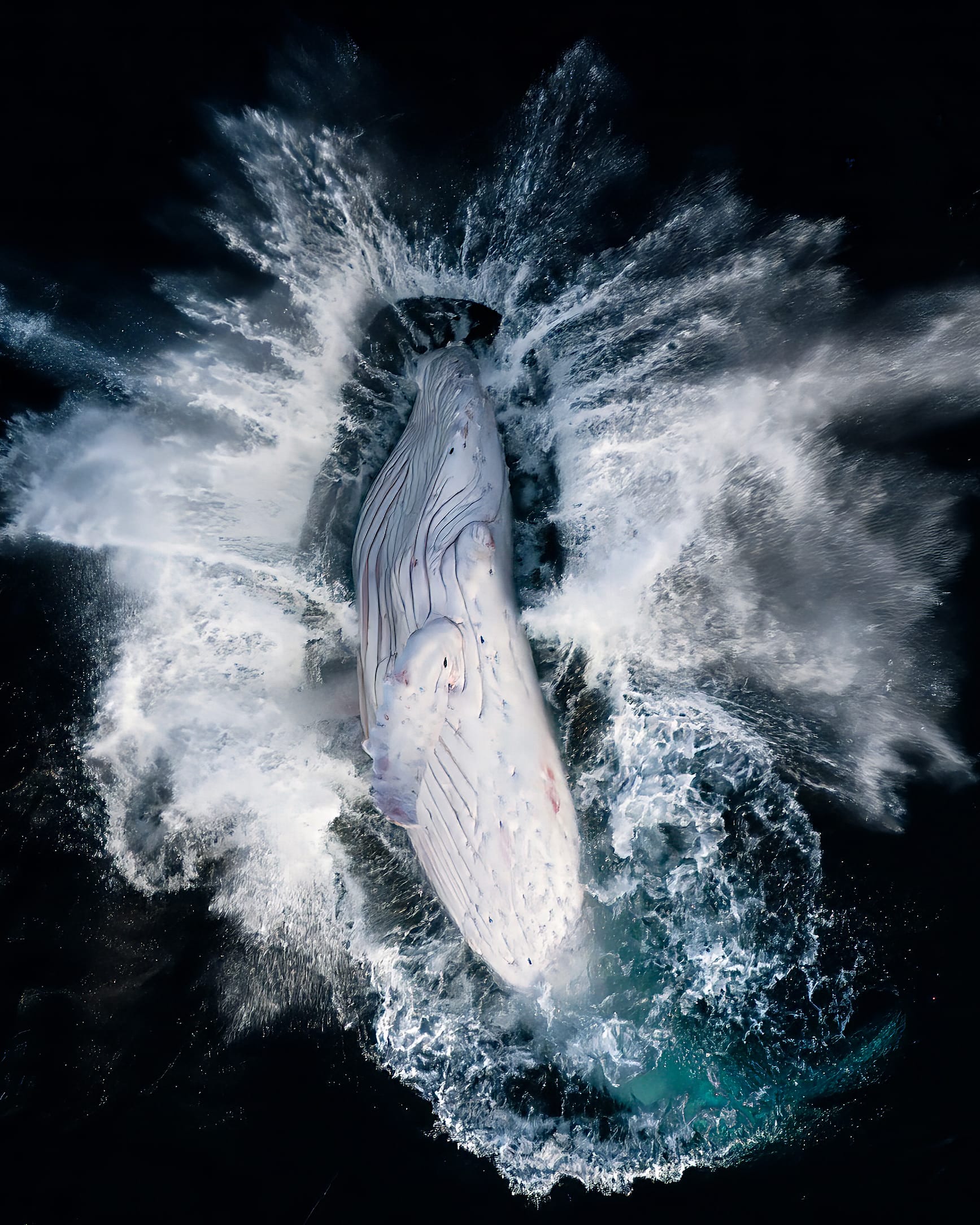

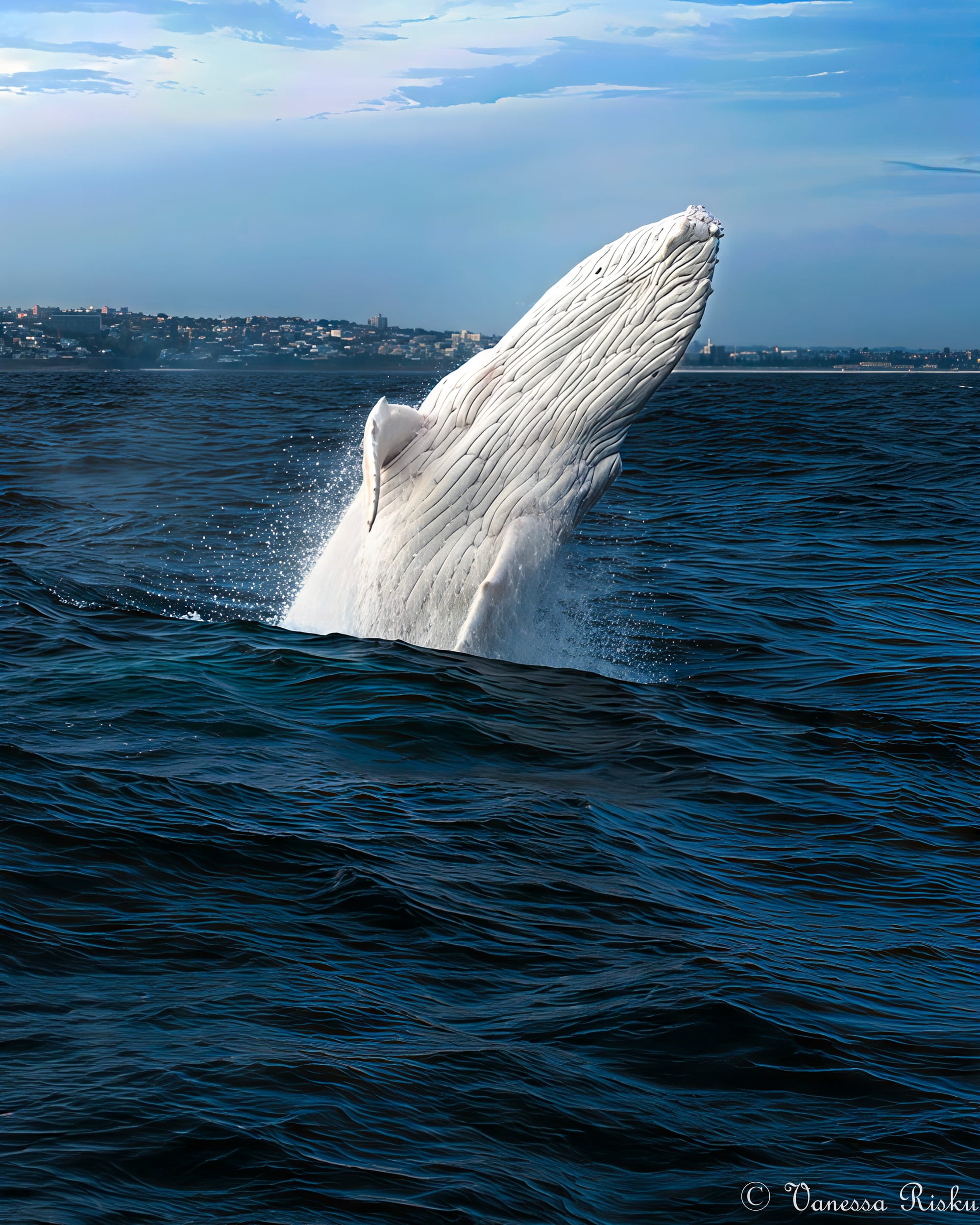
Detailed images such as these are used to identify individuals as well as confirming condition and direction of travel. Images: Vanessa Risku @droning_my_sorrows
“I am so humbled and proud to have been able to capture her in all her beauty. Previous footage had shown her cruising along and I would have been more than happy to film that, but she gave us that little extra and breached, pec slapped and tail lobbed all along the headland.”
Thanks to detailed footage obtained from several drone operators, including Vanessa, ORRCA was able to liaise with Happy Whale, a global database identifying whales through their unique fluke patterns, and quickly confirmed that this was an already known whale, Siale.
First sighted in Tonga as a calf in September of 2024, Siale, named for a fragrant flower, is a very special whale. According to ORRCA, true albinism occurs once in every 40,000 births and if you’ve heard of Migaloo (and I mean, who hasn’t heard of Migaloo?) then you'll know he’s the only other confirmed albino whale on the east coast.
Closely following the journey of any animal is always a bit of a double-edged sword. “Spotting and filming this rare whale was a feeling that is hard to explain," Vanessa said.
"The joy I felt was exemplified by the many other people that were on the headland cheering and screaming. It was such a memorable moment, and I was so elated to see the joy that this little whale was bringing to those around me... but a part of me couldn’t help but worry for Siale and what her future held.
“She was traveling North quite late in the season and all the risks associated with that had me worried.”
And while we wait to see where Siale turns up next, this sighting has once again proven the value of citizen science and given the community a much-needed, white-whale-shaped boost of hope and joy.

